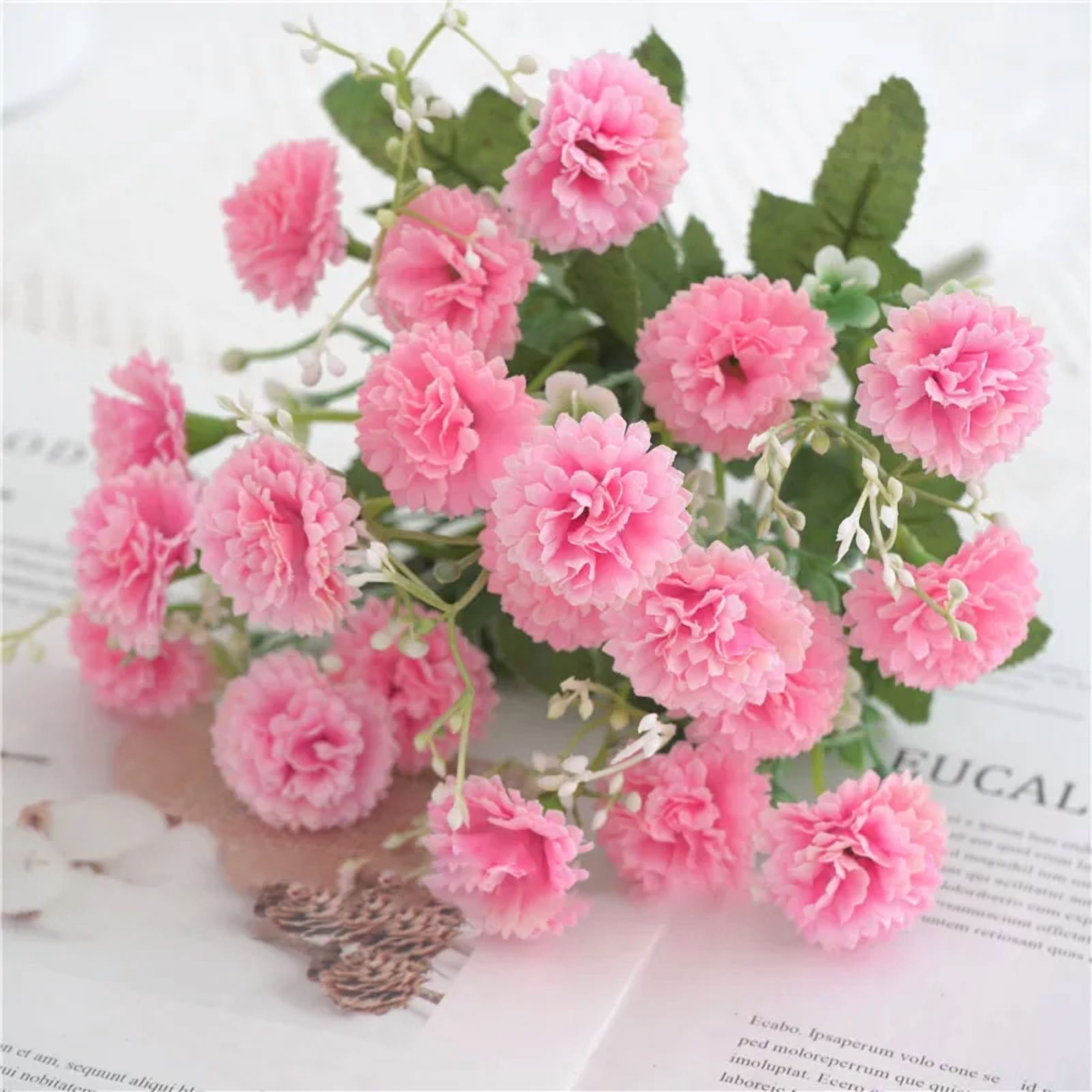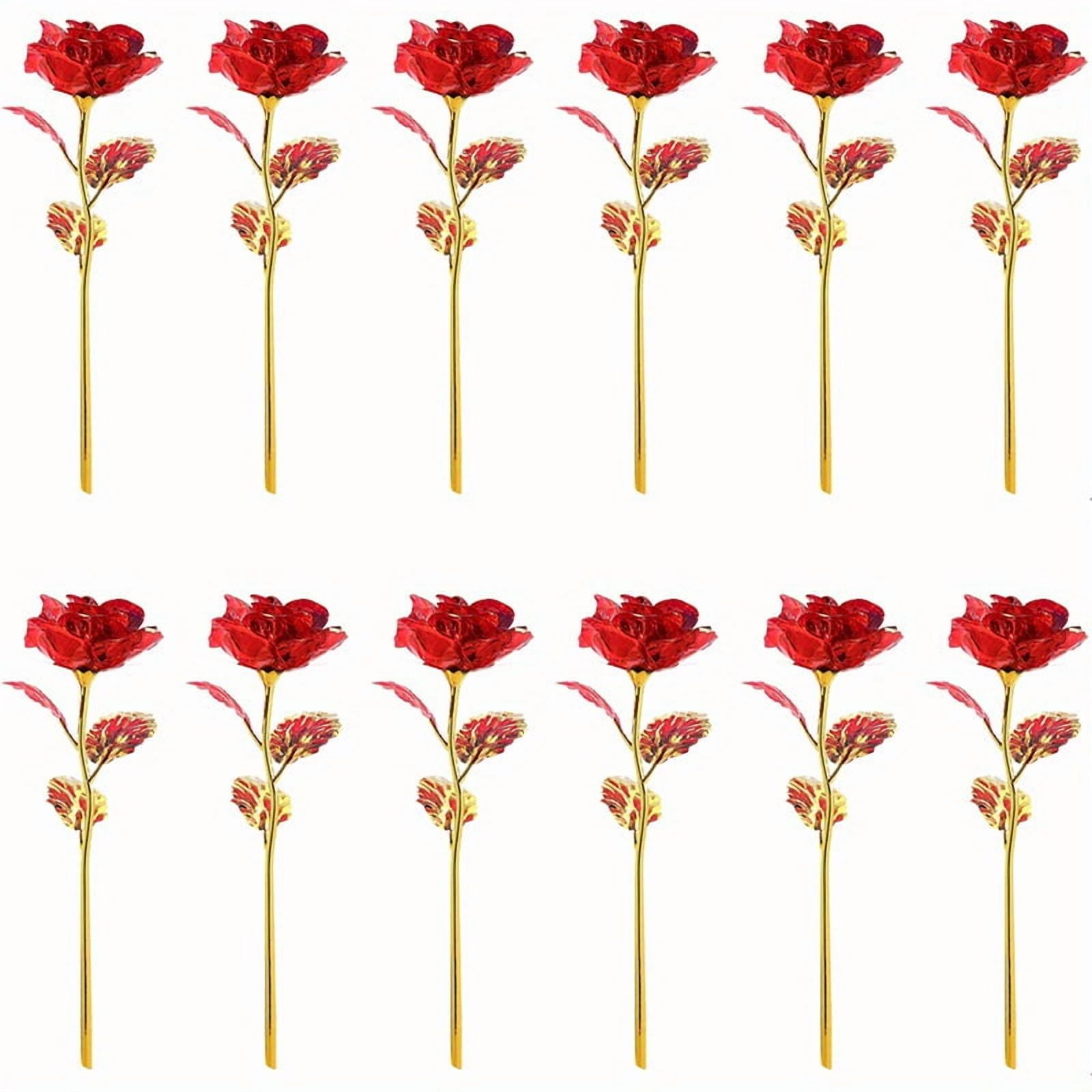Gallery
Photos from events, contest for the best costume, videos from master classes.
 |  |
 |  |
 |  |
 |  |
 |  |
 |  |
Personal flowers are a great way to visually honour special people at your wedding Flowers at a wedding can add a lot of beauty to a wedding and also carry a lot of significance. Often times, however, during the wedding planning process brides find themselves asking; “Who gets flowers at a wedding?.” This is a really good question! By giving someone personal flowers, like a corsage or As you plan your wedding day, you may wonder if parents of the bride should receive flowers. It is a lovely gesture to honor them with flowers, showing your appreciation for their support during the wedding planning process. This tradition adds a special touch to your big day, making your parents feel valued and recognized. Wedding flowers aren't just there to make your big day pretty—they also hold great significance and symbolism. And just like on Valentine's Day or , when you give someone flowers at your wedding, it's a physical representation of your love and respect. Though they are indeed small, wedding corsages and boutonnieres are particularly important floral arrangements, as they are traditionally When planning your wedding day, every detail counts, and flowers play a special role. You might wonder if parents of the bride and groom get flowers. Typically, both mothers are honored with corsages, while fathers usually wear boutonnieres. This thoughtful touch adds to the celebration and shows appreciation for their support. Wedding Flower List: Here's Exactly Who Needs Flowers On The Big Day - in our article you will read all about flowers for a wedding. The bride, the groom, the flower girl and that's not all who should get flowers. Make your parents feel special on your wedding day with these thoughtful floral arrangements. From traditional to modern, find the perfect flowers to express your love and gratitude. The parents of the groom traditionally cover expenses such as wedding rings, officiant’s fee, marriage license, bride’s bouquet, boutonnieres, corsages for the immediate family, music, liquor at the reception, and the honeymoon. The groom’s parents host the rehearsal. The processional often includes a permutation of the officiant, the wedding party, flower girls, ring bearers, and the Groomsmen Gifts To show their wedding party members appreciation many couples give them special gifts. Helping buy the groomsmen gifts is another way the groom's parents can contribute to the wedding. Flower Accessories Okay, we've covered the groomsmen gifts, but who pays for wedding flowers? The groom's family pays for some of the floral expenses associated with the wedding party. That Parents and grandparents can wear flowers at a wedding because this serves as a way of honoring the people who gave life to you. Stepparents or anyone who is a parent figure in your life can also wear floral accessories. Do parents wear flowers at wedding? It’s important to remember family members on your wedding flower list. Traditionally, mothers and grandmothers will wear a corsage with two or three blooms, worn either on the wrist or pinned to their left lapel. Alternatively, they can carry a miniature bouquet or a single stem. Mothers of the bride and groom, as well as stepmothers, should receive corsages to wear. If possible, the moms should provide the florist with the color and fabric of their attire (even better: fabric swatches) well in advance of the wedding so that the corsages can be made to match or complement their wedding theme. Tradition of presenting mothers with flowers at the wedding even if I have a poor relationship with my mother. By today's standards, a lot of money-related wedding etiquette can feel outdated or irrelevant, especially because couples are more likely to split the total cost of the wedding with their parents. When you're deciding who pays for the flowers at your wedding, keep this in mind. According to The Knot 2022 Real Weddings Study, newlywed couples paid for 49% of their own wedding expenses, with Wedding Party Flowers Etiquette Like everything wedding-related, who gets flowers is entirely up to you and your partner! The people getting married, and each person in their wedding party, all typically have some sort of floral element. Traditionally, the parents & grandparents of those getting married also get some sort of floral item. Family flowers are a traditional part of a wedding, often given to immediate family members, such as the bride, maid of honor, bridesmaids, flower girl, and officiants. A common wedding gift from the bride’s parents is contributing financially to the wedding reception, such as the rehearsal dinner, flowers, photographer, videographer, or something for their new home. The mother of the groom dress should be decided after the bride’s dress, and the best man and groomsmen host the bachelor party. The groom’s parents are often at a loss when asked about what role they will play at the wedding of their son. For whatever reason, it is always assumed that parents of the bride get more emotional during weddings. But that’s their baby getting married too! Today, I’m sharing what are the groom’s parents responsible for. Here are some basic guidelines for parents of the groom to follow Review our complete wedding flower checklist, complete with the arrangements and bouquets you might want to include on the big day. From bridal party flowers to centerpieces, we'll make sure you Giving a “wearable” flower to the ushers, celebrant, or friends who helped with the wedding is another way some couples choose to honor their parents, grandparents, close friends, or other family members who played a role in the wedding. This is pretty much just a buttonhole for the guys. Get a comprehensive overview of who pays for the wedding—from classic etiquette to current trends. Learn how couples, families, and the wedding party contribute to different expenses while planning your big day.
Articles and news, personal stories, interviews with experts.
Photos from events, contest for the best costume, videos from master classes.
 |  |
 |  |
 |  |
 |  |
 |  |
 |  |